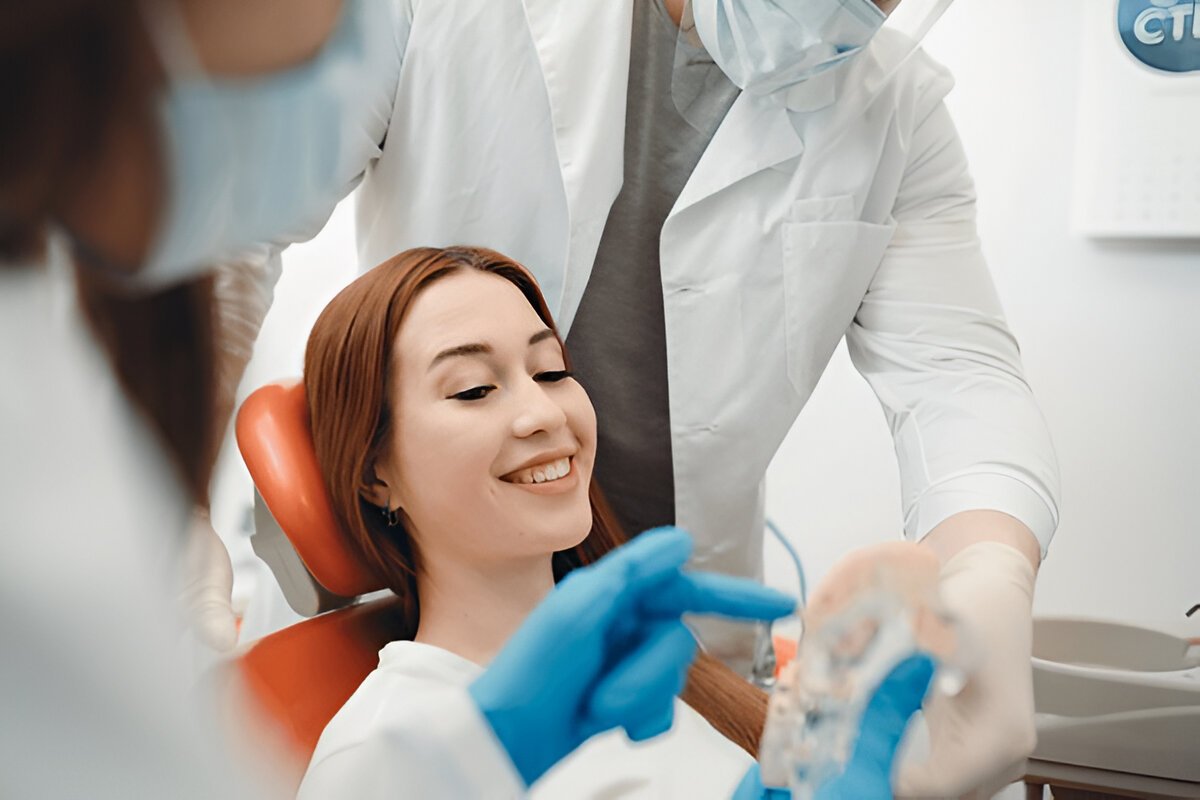Do you have a gap in your smile and want to fill it? Precious teeth can impact your ability to smile, chew, and stay healthy. Dental bridges in Saskatoon are one option, but there are many more to consider based on your needs, habits, and budget. Explore the choices in different dental crowns to acquire a beautiful smile that fits your needs.
Why Replace Missing Teeth?
Numerous problems can result from spaces in the mouth, such as dental issues, including:
- Shifting of the teeth next to the gap
- Misalignment of the bite
- The occurrence of problems with eating and talking
- A greater possibility of losing bone in the jaw
Seeking advice from a dentist in Saskatoon is a good step in finding a proper solution for your problem.
What are the Different Types of Dentures
1. Complete Dentures
- These completely take the place of all the teeth in the upper or lower jaw.
- The main material is acrylic or composite.
- Most suitable for patients who have lost the majority or all of their teeth.
2. Partial Dentures
- Restoration of empty spaces in the mouth where there are still some natural teeth
- Generally, hold metal clasps or precision attachments for security purposes.
- It may be adjusted for personal comfort and beauty.
3. Flexible Dentures
- Constructed from a soft and strong resin.
- Light in weight and do not cause discomfort even during long hours of wear.
- Appropriate for patients who want a less traumatic experience with traditional partials.
4. Implant-Supported Dentures
- Dental implants are used as a support to hold them in place and thus make them more stable.
- In this way, bone loss is stopped and chewing becomes more efficient.
- Provide a long-lasting solution; however, a surgery is still needed.
What are the Types of Denture Materials?
It is a must that the right material be selected for the comfort and durability of the product. Usually, the following are used:
- Acrylic – Reasonable, light, and with the possibility of being easily adjusted
- Metal-Acrylic – Represents the combination of the strength and the nature-like looks
- Flexible Resin – Comfortable, changeable, and highly resistant to rupture
What are the Benefits of Replacing Missing Teeth
Replacing missing teeth has numerous benefits:
- Increases chewing and digestive functions
- Maintains facial architecture and stops the formation of wrinkles
- Facilitates speaking skills
- Enhances self-esteem and general look
How to Take Care of Your Dentures
Regular and appropriate care is the main factor in the life extension of dentures and the maintenance of oral health:
- You should clean it daily using a gentle brush and a denture cleaner
- Immerse them overnight in a solution so that they keep their shape and remain soft
- Do not use hot water because it can change the shape of the material
Go to your dentist near you as often as possible to be sure that it fits well and that you are comfortable.
Restore Your Smile Today!
Have you lost teeth and want to have your smile restored? Lakewood Dental Clinic provides personalized solutions that range from partial dentures to full replacements to help you regain your function and confidence. Don’t wait any longer and schedule your appointment now.
FAQs
Which types of dentures are available?
The different types of dentures are complete, partial, flexible, and implant-supported, which cater to different needs.
What are the distinguishing features between flexible dentures and traditional ones?
The material used for flexible dentures is soft, they are less heavy, and are more convenient to use than traditional ones.
What is the average lifetime of dentures?
Dentures are durable for 5 to 10 years if they are properly taken care of.
Can dentures improve chewing and speech?
Yes, they allow the removal of the inability and restore lost speech functions.

